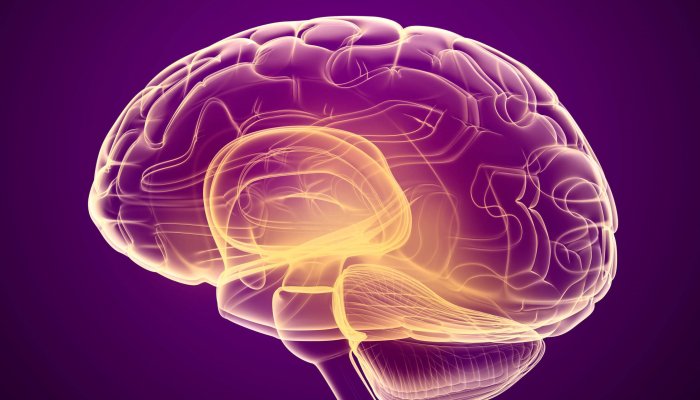Different ways to diffuse mental health stigma
Talking about mental health in there is a wholesome way something which societies throughout the planet have fought with. With the rate of mental disorders throughout the planet, it is now essential to bridge the gap between physical and psychological health issues by understanding consequences and the risk factors of mental disorders. It is time that people come to dissipate the stigma. Those Afflictions of a psychiatric disorder may not understand the effect of their activities or the dangerous prognosis perpetuated by them on speaking someone asschizophrenic, deranged ordemented. However, the fact doesn’t alter that perceptions and stigma associated with mental health issues criminalizes people.

Effective Means of fighting mental health stigma
When such beliefs that are false inflame Stigmatizing attitudes, whatever the form, they impact the social and psychological life of people. Their healing process lengthens, but also prevents them from seeking assistance and speaking about their problems. Therefore, it is vital to fight with stigma and below are.
- Refrain from making it a taboo: Talking openly about mental health issues creates a platform where people can frankly talk about their struggles with emotional disorders. This provides a chance to communicate that help is available and they are not alone.
- Stay informed and spread awareness: whenever someone misrepresents mental disorders, most people today prefer looking another way or staying quiet. To decrease this stigma’s brunt, it is necessary to express such beliefs affect the need and an individual to spread awareness.
- Avoid using stigmatizing terminology: The human language is constantly evolving and changing and so have the applications of phrases, such as insane, nuts and psychological when referred to someone with a mental illness. Portraying mental disorders labels the person in improving the circumstance, and does no good.
- Treat psychological and physical ailments equally: exactly like physical diseases, mental illnesses are brain disorders that may develop in anybody. The need of the hour is to treat mental disorders like other chronic diseases, like diabetes, cardiovascular diseases, etc., to ensure effective treatment.
- Choose not to be a victim: Stigmatization results in discrimination and oppression of individuals with mental disorders. It is possible to lead a life quite different simply by honoring one’s choice by seeking therapy, to lead an empowered life.
- Have to alert media: The depiction of mental health problems by the media has been like a double-edged sword. Many times, they have helped spread awareness of mental health, however at times they have also portrayed disorders. It is necessary to alert media platforms concerning the effects of using language that is stigmatizing as the consequences as well as the media policy of addressing mental health issues are far-reaching.
- Talk about recovery and treatment: An uninformed and ignorant person might harbor apprehensions about mental health care. They may fear taking drugs or being judged as a person that is weak on seeing a psychiatrist. They have an opportunity when individuals who have recovered from their issues speak in their recovery. At the conclusion, seeking treatment doesn’t make a person weak. It represents their courage and will to get better.